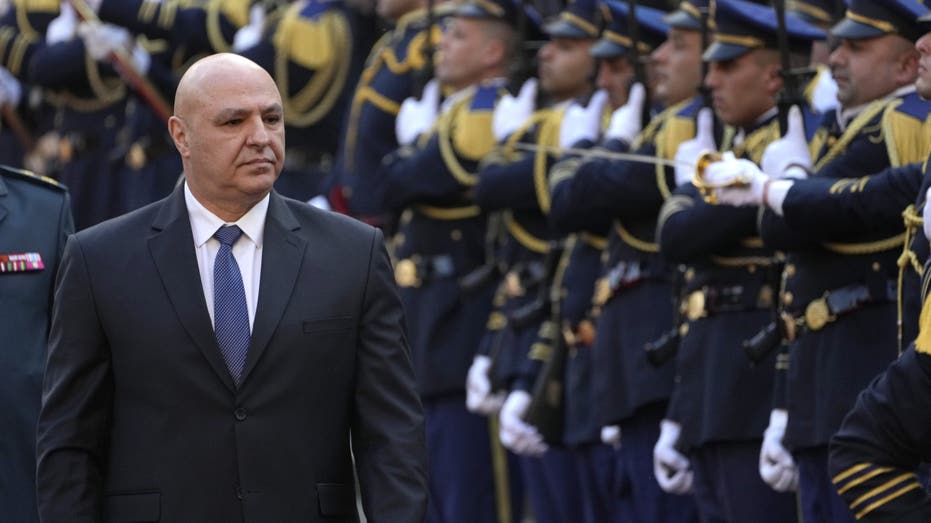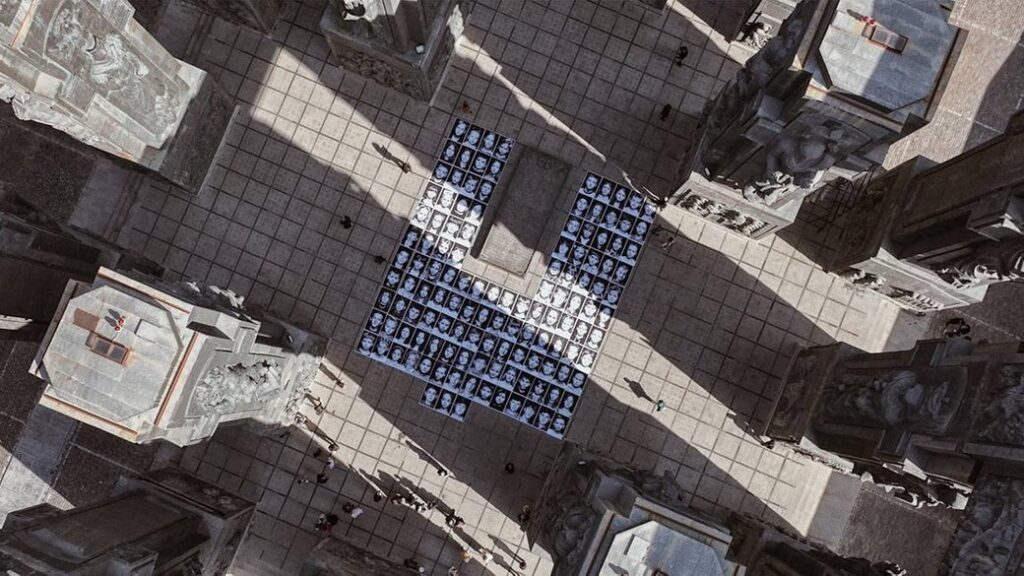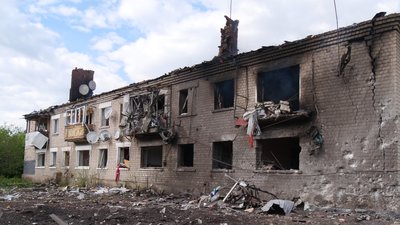Lebanon's new president strikes a nationalistic tone amid regional shifts, further weakening of Hezbollah
The Lebanese parliament finally voted on a new president on Thursday following two years of deadlock. Joseph Aoun the head of the country's armed forces won a majority of the votes.

Lebanon’s political landscape has undergone a dramatic shift with the election of Joseph Aoun as president. After more than two years of political deadlock, the Lebanese Parliament elected the army commander on Thursday with 99 out of 128 votes.
Aoun’s election represents a significant achievement for the anti-Hezbollah camp, reflecting the weakening influence of the powerful Shia terrorist organization within Lebanon’s political system. Despite this, experts say Hezbollah remains a formidable force in the country, and the challenges Aoun faces in balancing Lebanon's internal politics and foreign relations remain immense.
For much of the past two years, Hezbollah worked tirelessly to block any movement toward the election of a new president. The group had strongly opposed Aoun’s candidacy. However, as the political situation evolved and the ousting of Assad from Syria unfolded, Hezbollah was ultimately forced to accept Aoun, who secured the presidency.
"Hezbollah had been opposed to his election for the last two and a half years and had blocked any process toward electing a president for all that time. Now, they’ve voted for him in the second round, which indicates they are in a bind, that they are weaker, and their leverage is not what it was," Vice President for International Engagement at the Middle East Institute Paul Salem told Fox News Digital.
ISRAEL DEGRADES IRAN-BACKED HEZBOLLAH TERRORISTS IN SPECTACULAR PAGER EXPLOSION OPERATION: EXPERTS
Salem points to the broader shift in regional politics, notably the collapse of the Assad regime in Syria, which has left Hezbollah increasingly isolated. "They are now not only cut off from Iran, but they're also isolated in the region. They're the only Shiite community between here and Basra, and it’s a Sunni takeover of Damascus, which used to be dominated by a friendly Alawite, pro-Iranian regime. It’s a huge historic shift that leaves the Shiites and Hezbollah deeply isolated. Hezbollah’s future is worse than its present," he added.
The U.S. and Israel, along with other Western and Arab powers, have long sought to distance Lebanon from Hezbollah’s influence, and Aoun’s election could be a step in that direction.
Aoun, a Maronite Christian and the commander of the Lebanese army, took office with a strong message focused on Lebanon’s sovereignty. In his inaugural speech, he emphasized the necessity for the state to have a monopoly on the use of force.
David Schenker, former head of the Bureau of Near Eastern Affairs at the U.S. State Department under the first Trump administration, remarked that Aoun’s speech was both a positive and pragmatic step for Lebanon. "He talked about disarming all groups and ensuring that weapons are under the control of the state," Schenker said. "This was a good move, as it shows a commitment to sovereignty and the rule of law."
CHRISTIAN LEADER IN LEBANON URGES US, ALLIES TO INTERVENE TO STOP HEZBOLLAH
However, Schenker, who is currently the Taube Senior Fellow at The Washington Institute and director of the Linda and Tony Rubin Program on Arab Politics, cautioned that Aoun’s position as president does not grant him absolute power in Lebanon’s political system. "The president is not the most powerful position in Lebanon. The key position will be the prime minister. It remains to be seen whether Aoun will show the same courage in his new role that he demonstrated as chief of staff," Schenker noted.
Though Hezbollah has been militarily weakened by recent Israeli campaigns and the assassination of its leader Hassan Nasrallah, among other key leaders, it still retains significant influence, particularly in southern Lebanon. However, Schenker says the organization’s ability to intimidate Lebanon’s population is diminishing. "Hezbollah isn’t the force it was. It can still reactivate its killing machine if needed, but it no longer dominates the way it did before," he said.
"Hezbollah has calculated that they’ve lost this battle against Israel, and then they lost another battle in Syria. So their interest now is to lay low, have a president and government that’s acceptable to the U.S. and the region, which, at the end of the day, they hope will protect them from any further Israeli incursions and help their people," Salem explained. "They need a functioning government to secure international aid for the millions displaced by their actions in southern Lebanon. It’s about survival for them, not just politically, but financially."
Aoun’s election is not only significant for Hezbollah’s position in Lebanon, but also for the country’s relations with external powers like the U.S. and Israel. Lebanon has faced economic collapse, with its currency devalued by over 99%, and nearly 80% of the population now living below the poverty line. Hezbollah’s previous resistance to international pressure now seems less tenable.
The U.S. has long supported Lebanon’s military and is expected to strengthen its ties with Aoun, given his role in the army and his pro-sovereignty stance. Schenker said that Lebanon’s future alignment with the U.S. and regional allies such as Saudi Arabia could provide the country with much-needed international support.
"The U.S. military has been close to the Lebanese military for many years," Salem told Fox News Digital. "That has been the strongest link between the U.S. and Lebanon. So to have the head of the military come to power, he’s a known figure in Washington. He’s known to the military, and now, he’s known to the diplomats and politicians, and will be known to President Trump and others over time. This realignment could put Lebanon on a much more natural path of cooperation with the U.S., Saudi Arabia, and other regional allies."
Israel will also be closely monitoring Aoun’s presidency. Schenker said that Aoun’s commitment to U.N. Security Council Resolution 1701, which calls for disarmament in southern Lebanon, could lead to a more cooperative stance from Lebanon toward Israel. "Israel will be invested in Lebanon’s implementation of 1701," Schenker said. "Aoun’s stance will influence Israel’s position toward Lebanon, as the Trump administration has clearly signaled a desire to end the wars in the region."



